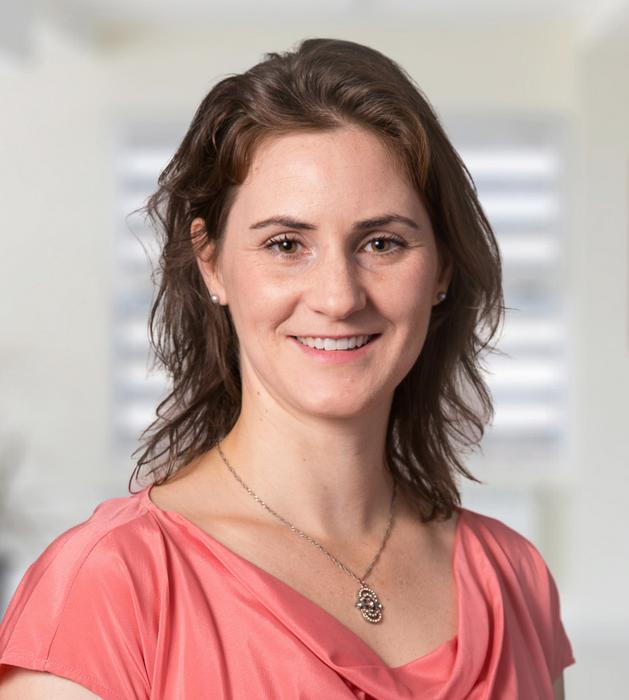COLUMBUS, Ohio – Chemotherapy is known to cause behavioral side effects, including cognitive decline. Notably, the gut microbiome communicates with the brain to affect behavior, including cognition.

Credit: The Ohio State University Wexner Medical Center
COLUMBUS, Ohio – Chemotherapy is known to cause behavioral side effects, including cognitive decline. Notably, the gut microbiome communicates with the brain to affect behavior, including cognition.
“For the first time ever, our Intelligut Study found that the gut microbiome has been implicated in cognitive side effects of chemotherapy in humans,” said senior author Leah Pyter, associate professor of psychiatry and neuroscience with The Ohio State University Wexner Medical Center and College of Medicine. “The potential connection between the gut and the brain would allow us to create treatments for the gut to treat the brain.”
Study findings are published in the journal Brain, Behavior, and Immunity.
This clinical longitudinal observational study explored whether chemotherapy-induced disruption of the gut microbiome relates to cognitive decline and circulating inflammatory signals.
Fecal samples, blood and cognitive measures were collected from 77 patients with breast cancer before, during and after chemotherapy.
Research highlights
- Chemotherapy induces microbiome disruption and inflammation.
- The resulting microbiome disruption relates to cognitive decline and inflammation.
- Those cognitively impaired have unique chemotherapy-induced microbiome alterations.
“We found that patients treated with chemotherapy who showed decreases in cognitive performance also had reductions in the diversity of their gut microbiome,” said Pyter, also a researcher with Ohio State’s Institute for Behavioral Medicine Research and member of the Cancer Control Research Program at The Ohio State University Comprehensive Cancer Center – Arthur G. James Cancer Hospital and Richard J. Solove Research Institute (OSUCCC – James).
This research builds on Pyter’s prior research in mouse models that found chemotherapy-induced shifts in the gut microbiome cause neurobiological changes and behavioral side effects.
The current study indicates that an association between gut microbiome and cognitive performance exists in humans as well.
“Side effects of chemotherapy are common and may reduce quality of life, but these side effects can be dismissed as ‘part of chemotherapy’ and therefore overlooked and under-treated,” Pyter said. “We believe that gut microbiome-focused interventions, such as fecal microbial transplantation, may improve behavioral side effects of chemotherapy.”
OSUCCC—James researchers are also conducting research studies on how the gut microbiome impacts cancer treatment effectiveness and its role in reducing or increasing cancer risk.
“Chemotherapy is a very important tool for stopping many cancers and side effects should not deter patients who would benefit from this type of therapy from pursuing it, but we know the side effects of some treatment regimens can be quite challenging for patients to complete,” said David Cohn, MD, interim chief executive officer of the OSUCCC – James. “It’s a careful tightrope of walking between effective cancer control and side effect management – and our team is working every day, in the hospital clinics and the lab, to develop ways to manage the side effects of disease treatment with an eye toward quality of life.”
Ohio State researchers collaborated with The Research Institute at Nationwide Children’s Hospital for this study.
This study was supported in part by a National Institutes of Health grant and Ohio State Wexner Medical Center.
Conflict of interest disclosure
Researcher Michael T. Bailey is a scientific cofounder and stock owner of Scioto Biosciences.
# # #
Journal
Brain Behavior and Immunity
Method of Research
Randomized controlled/clinical trial
Subject of Research
People
Article Title
Chemotherapy-induced gut microbiome disruption, inflammation, and cognitive decline in female patients with breast cancer
Article Publication Date
7-Jun-2024
COI Statement
Conflict of interest disclosure
Researcher Michael T. Bailey is a scientific cofounder and stock owner of Scioto Biosciences.



